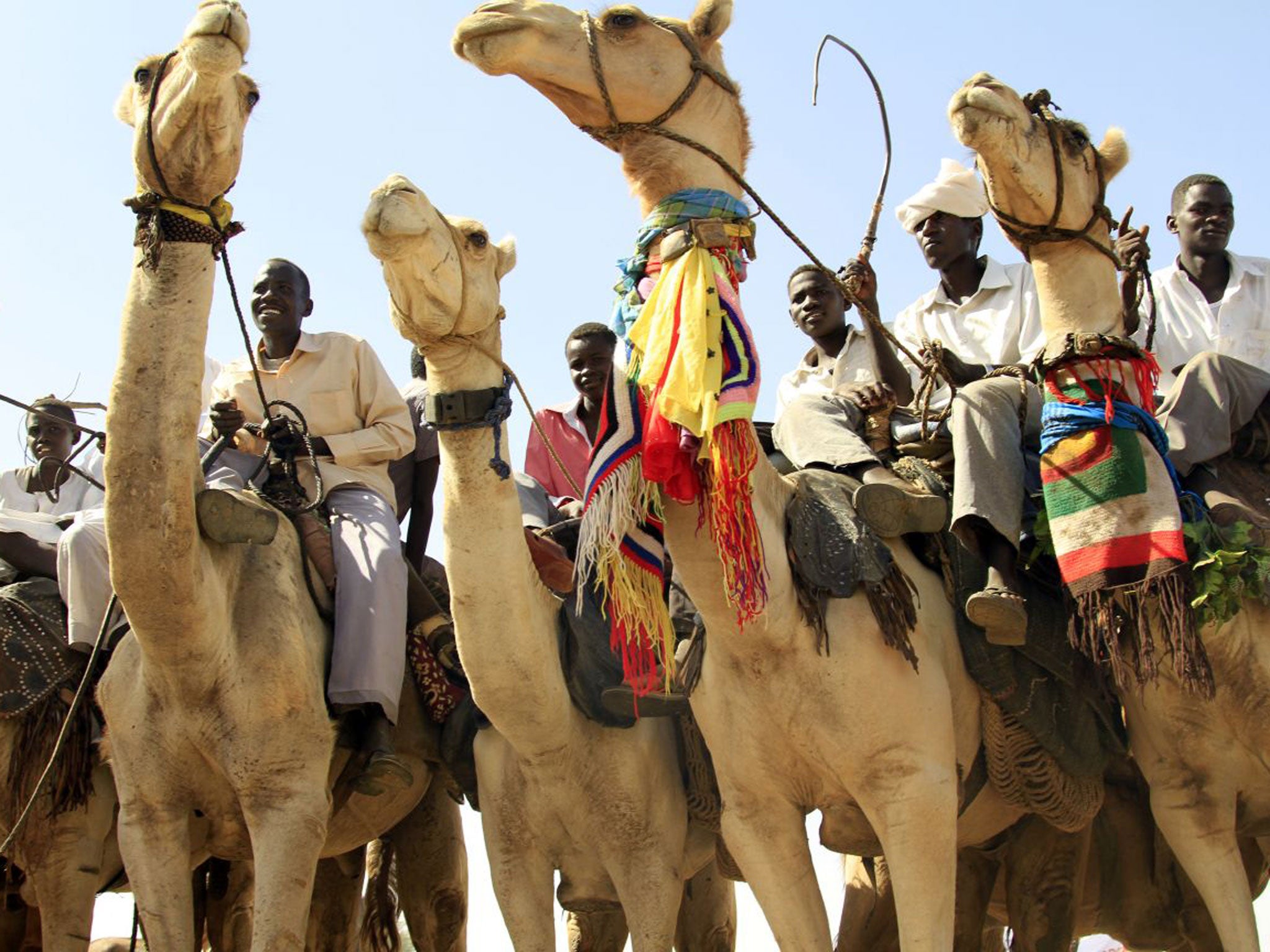Ship of the desert: Camels of Arabia suspected of carrying deadly virus cargo

The one-humped dromedary camel of Arabia may be the source of a mysterious respiratory virus that emerged without warning last year causing kidney failure and severe pneumonia and leading to the death of about half the people known to be infected.
Scientists have found antibodies to the Middle East respiratory syndrome cornonavirus (MERS-CoV) in blood samples taken from about 50 dromedary camels living in Oman in the Arabian Peninsula. The virus has so far killed more than 40 people in the world, including three in the UK.
The researchers believe the results indicate that camels may be acting as a reservoir for the virus to jump the “species-barrier” to humans, given that the animals are widely used for racing, as well as their meat and milk, in countries where the virus has infected people.
“As new human cases of MERS-CoV continue to emerge, without any clues about the sources of infection except for people who caught it from other patients, these new results suggest that dromedary camels may be one reservoir of the virus that is causing MERS-CoV in humans,” said Chantal Reusken of the National Institute for Public Health and the Environment in Bilthoven, the Netherlands.
“Dromedary camels are a popular animal species in the Middle East, where they are used for racing, and also for meat and milk, so there are different types of contact of humans with these animals that could lead to transmission of a virus,” Dr Reusken said.
The study, published in the journal The Lancet Infectious Diseases, tested a range of domestic animals for viral antibodies, including the two-humped Bactrian camel, but found positive results only in dromedary camels.
Antibody tests only show that an animal has been exposed to virus, rather than still being infected. The scientists said further tests are now needed to see if camels are chronically infected with MERS-CoV, which would suggest that they are acting as a reservoir for human infections.
“Research efforts are now needed to focus on well-designed animals studies in the Middle East, concentrating on finding the virus that triggers these antibodies in dromedaries, and comparing them with the virus from human patients, ensuring that as much information as possible is gathered about patients’ contacts with animals and animal products such as camel milk,” the researchers said.
In at least one patient, a man from the United Arab Emirates who was treated in Germany, there was close contact with camels. The man, who died in hospital aged 73, had owned racing camels.
The World Organisation for Animal Health said earlier this year, before this latest study, that there is little evidence that camels may be involved in the transmission of the virus to humans.
Join our commenting forum
Join thought-provoking conversations, follow other Independent readers and see their replies
Comments
Bookmark popover
Removed from bookmarks